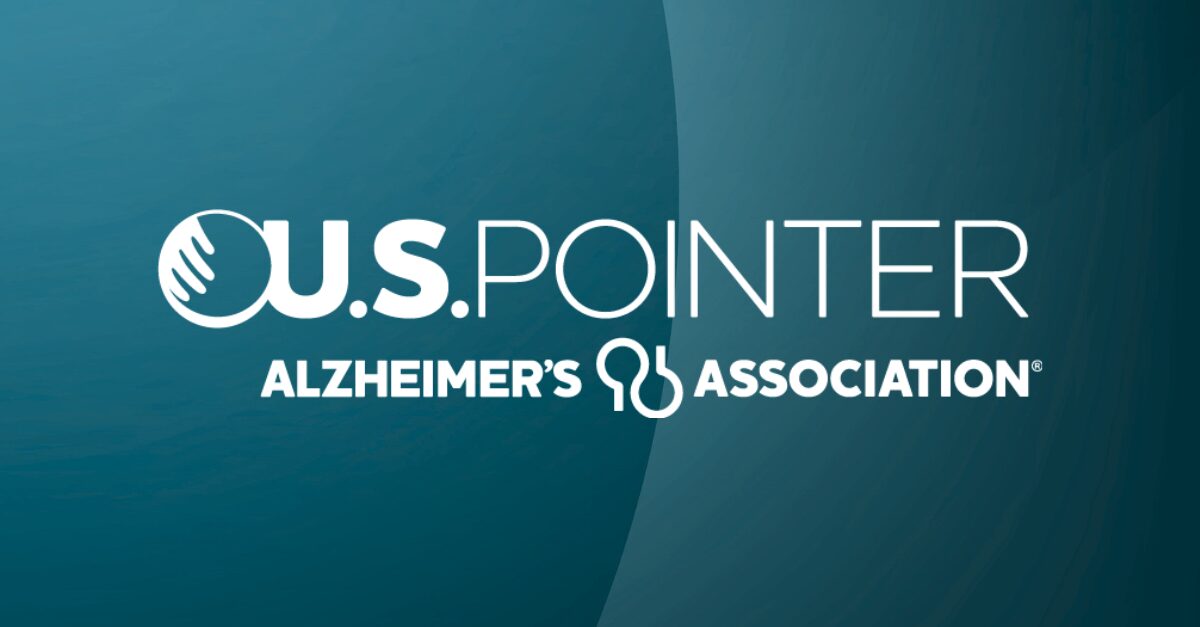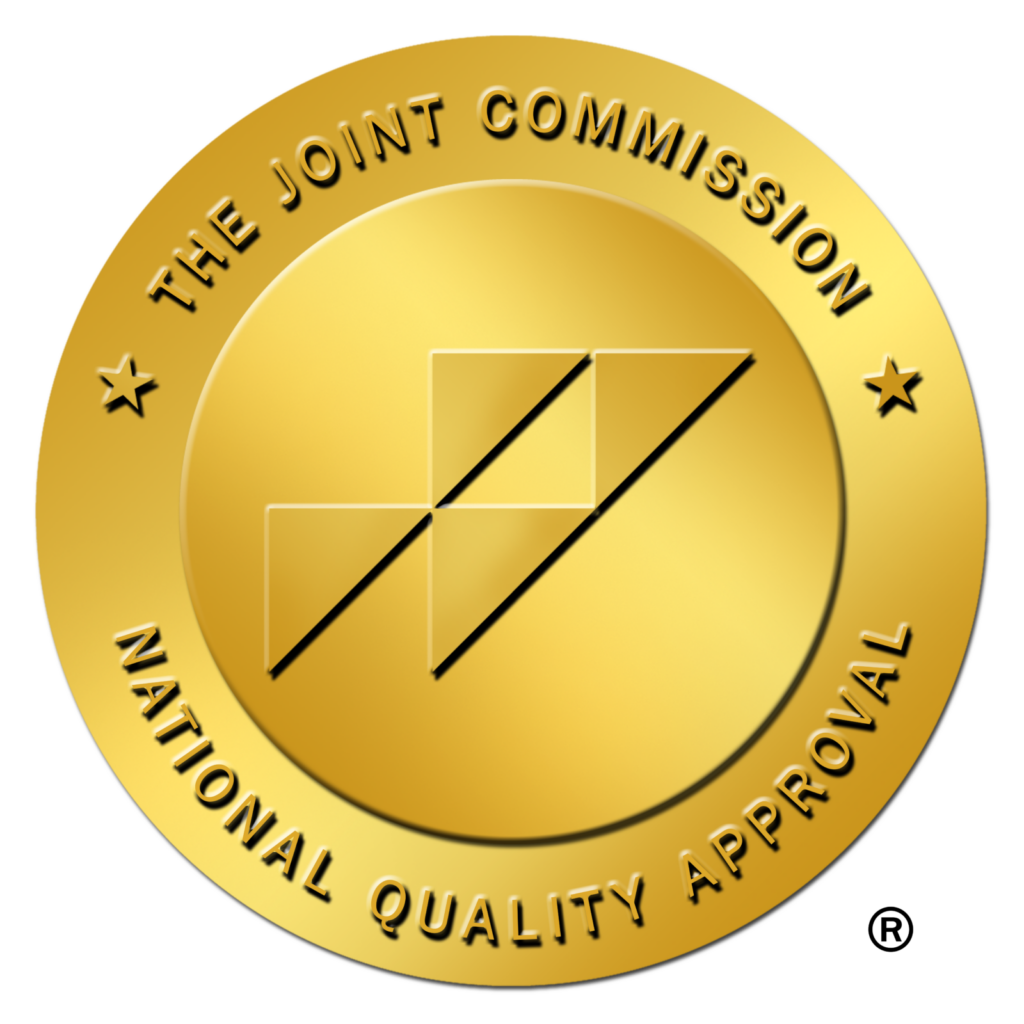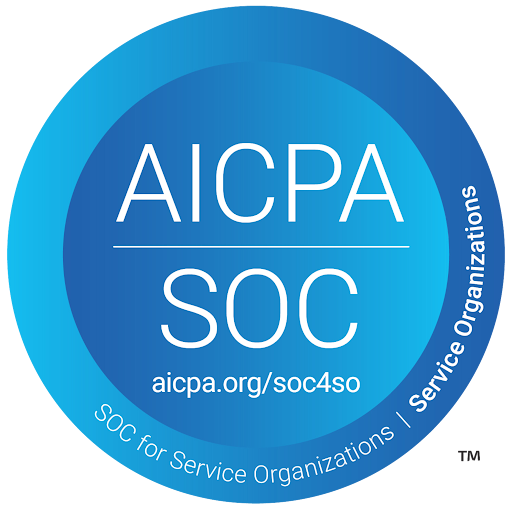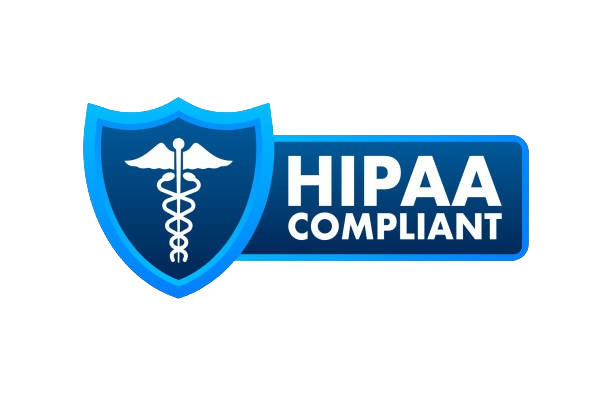Another Ray of Hope in the Fight Against Alzheimer’s Disease
Alzheimer’s disease is a devastating neurological condition that affects about 1 in 9 people over age 65 in the US and 55 million people worldwide, robbing them of their memories, cognitive abilities, and independence. And these numbers are growing fast. Based on a Global Burden of Disease Study, dementia is also responsible for one of the greatest shares of disability in older adults and makes up much of the 17% of total US health spending that is attributable to brain health conditions, which has been increasing dramatically at 5.4% per year. In the face of this, any progress in finding effective treatments is met with great anticipation and hope.
One such promising breakthrough comes from the pharmaceutical company Eli Lilly, which today announced the positive results of its Phase 3 trial of a new drug called donanemab. This treatment has shown significant potential in slowing down cognitive and functional decline in patients with mild cognitive impairment or mild dementia due to Alzheimer’s disease, collectively known as early symptomatic Alzheimer’s disease. We’ll delve into the details of this groundbreaking study, what it means for patients, and how it could further shift the landscape of Alzheimer’s treatment.
The Key Findings: Encouraging Results for Alzheimer’s Patients
Although the results have yet to be published in a peer-reviewed journal, the recent announcement of Eli Lilly’s TRAILBLAZER-ALZ 2 Phase 3 trial topline results has given hope to researchers, clinicians, and patients alike. Donanemab, an investigational amyloid plaque-targeting therapy, significantly slowed cognitive and functional decline in people with early symptomatic Alzheimer’s disease. The drug met its primary endpoint and all secondary endpoints in the trial, showing statistically significant clinical benefits.
The results of the trial were truly noteworthy:
- Slowing of clinical decline: Donanemab slowed clinical decline by 35% compared to a placebo, a substantial reduction in the clinical progression of the disease.
- No clinical progression at one year: Nearly half (47%) of the participants receiving donanemab had no clinical progression at one year, compared to 29% on placebo.
- Improved daily living abilities: Donanemab treatment resulted in 40% less decline in patients’ ability to perform activities of daily living at 18 months.
- Lower risk of disease progression: Participants on donanemab had a 39% lower risk of progressing to the next stage of the disease compared to those on placebo.
The Science Behind Donanemab: Targeting Amyloid Plaques
Donanemab is an investigational therapy that targets amyloid plaques in the brain, which are believed to be a defining pathophysiological feature of Alzheimer’s disease. By targeting and clearing these plaques, donanemab has shown promise in reducing cognitive and functional decline in patients with early Alzheimer’s disease. The TRAILBLAZER-ALZ 2 trial has provided compelling evidence of the relationship between amyloid plaque removal and clinical benefits for Alzheimer’s patients, which some researchers had begun to put into question.
What This Means for Alzheimer’s Treatment: A New Era of Hope
The results of the TRAILBLAZER-ALZ 2 trial signify a new era of hope for Alzheimer’s patients and their families. If approved by regulatory agencies, donanemab could represent another huge step forward in treating early symptomatic Alzheimer’s disease, allowing patients to continue participating in activities that are meaningful to them.
Moreover, this breakthrough could pave the way for even more effective treatments, as it reaffirms the importance of targeting amyloid plaques in the fight against Alzheimer’s disease. In addition to pursuing other treatment pathways, researchers and pharmaceutical companies may now focus more on developing and refining therapies that target these plaques, leading to better outcomes for patients in the future.
Potential Risks and Future Research
While the results of the TRAILBLAZER-ALZ 2 trial are certainly encouraging, it’s important to note that, like many effective treatments for debilitating and fatal diseases, there are associated risks that may be serious and life-threatening. For instance, the incidence of amyloid-related imaging abnormalities (ARIA) was consistent with the Phase 2 study, which may cause temporary swelling in the brain or microhemorrhages. Most ARIA cases were mild to moderate and resolved with appropriate management. Nevertheless, future research should continue to monitor and address these risks to ensure the safety and effectiveness of donanemab and similar therapies.
Furthermore, additional studies are needed to better understand the long-term effects of donanemab, its efficacy in patients with different stages of Alzheimer’s disease, and its potential to be used in combination with other therapies.
The Journey Toward Approval and Accessibility
Based on the positive results of the TRAILBLAZER-ALZ 2 trial, Eli Lilly plans to proceed with global regulatory submissions as quickly as possible. The company anticipates making a submission to the U.S. Food and Drug Administration (FDA) within the quarter and will work with the FDA and other global regulators to achieve the fastest path to traditional approvals.
If approved, the next challenge will be ensuring that patients have access to this groundbreaking treatment. Eli Lilly believes their data meets the “high level of evidence” required by the Centers for Medicare & Medicaid Services (CMS) for reconsideration of its National Coverage Determination. The company will advocate for full coverage and access for approved therapies, ensuring that people with early Alzheimer’s disease have the best possible chance to benefit from this treatment. A similar challenge is the gap in specialist clinicians who can evaluate and diagnose these conditions, decide who is eligible for these amyloid-targeting treatments, and monitor closely over time. As it stands, caring for the growing population of people living with dementia represents the largest worker gap in the US. A key element to closing this gap is going to be breakthrough services like Isaac Health, a scalable clinical platform for brain health and dementia.
More To Come
The findings of the TRAILBLAZER-ALZ 2 Phase 3 trial marks another historic milestone in the fight against Alzheimer’s disease. Donanemab’s promising results offer greater hope for patients and their families, and its potential approval could signal a new era of effective drug treatments for this devastating condition.
As we continue to learn more about donanemab and other potential Alzheimer’s therapies, it’s essential to stay informed and engaged with the latest research developments. If you or a loved one is affected by Alzheimer’s disease and would like to learn more about your options, consider reaching out to us at Isaac Health. Our team of compassionate, knowledgeable specialists is dedicated to providing the best possible care and support for our patients and their families.
Sources
- Eli Lilly and Company. (2023, May 3). Positive Results of Donanemab Phase 3 Study in Early Symptomatic Alzheimer’s Disease Show Significant Slowing of Cognitive and Functional Decline [Press release]. PR Newswire.
- Alzheimer’s Association. (n.d.). What Is Alzheimer’s? https://www.alz.org/alzheimers-dementia/what-is-alzheimers
- Alzheimer’s Association. (n.d.). Beta-amyloid and the amyloid hypothesis. https://www.alz.org/research/for_researchers/what_we_fund/part_the_cloud/amyloid_hypothesis
- National Institute on Aging. (2021, June 7). What Are the Signs of Alzheimer’s Disease? https://www.nia.nih.gov/health/what-are-signs-alzheimers-disease
- Alzheimer’s Association. (n.d.). Stages of Alzheimer’s. https://www.alz.org/alzheimers-dementia/stages
- National Institute on Aging. (2021, June 3). What Happens to the Brain in Alzheimer’s Disease? https://www.nia.nih.gov/health/what-happens-brain-alzheimers-disease
- Alzheimer’s Association. Facts and Figures Report 2023. https://www.alz.org/media/Documents/alzheimers-facts-and-figures.pdf








